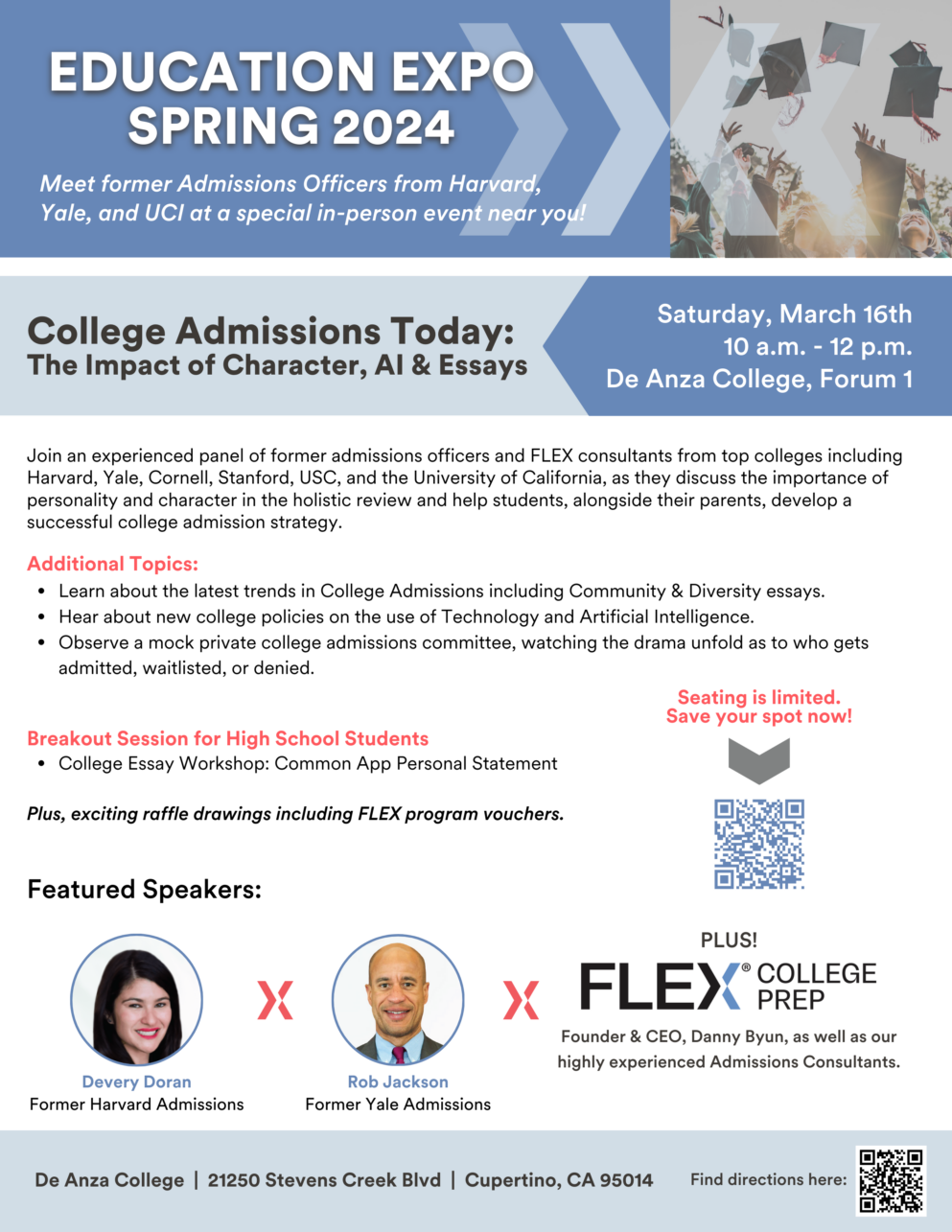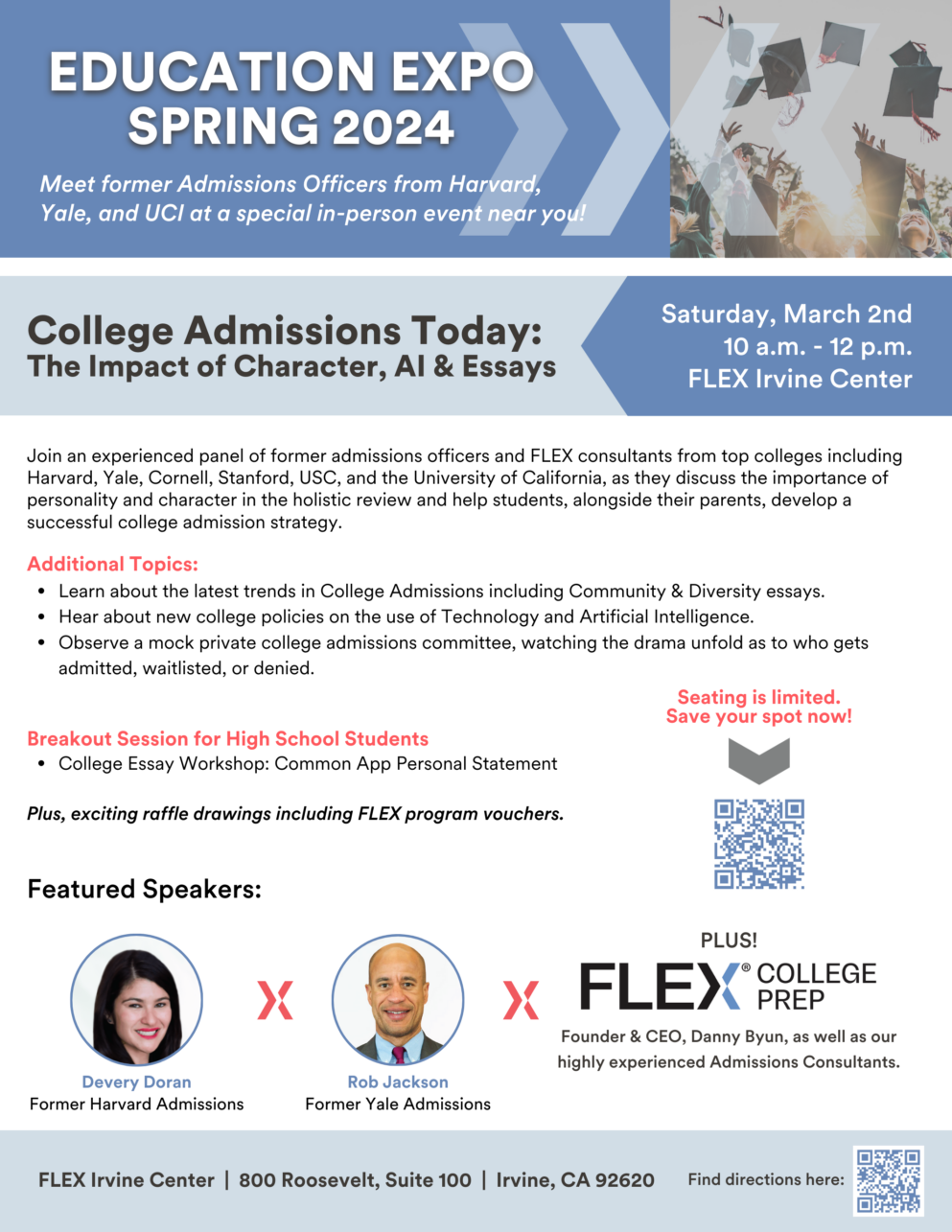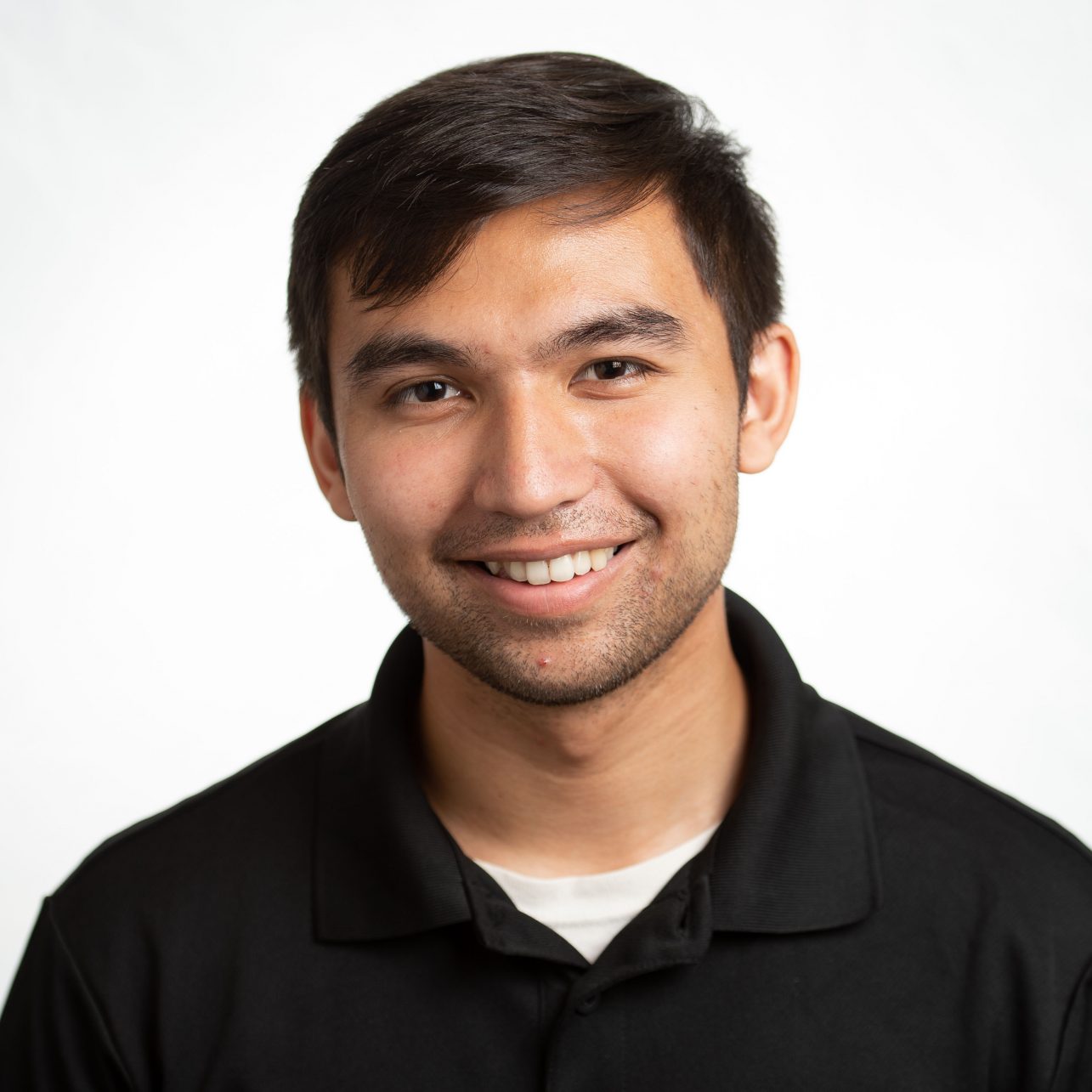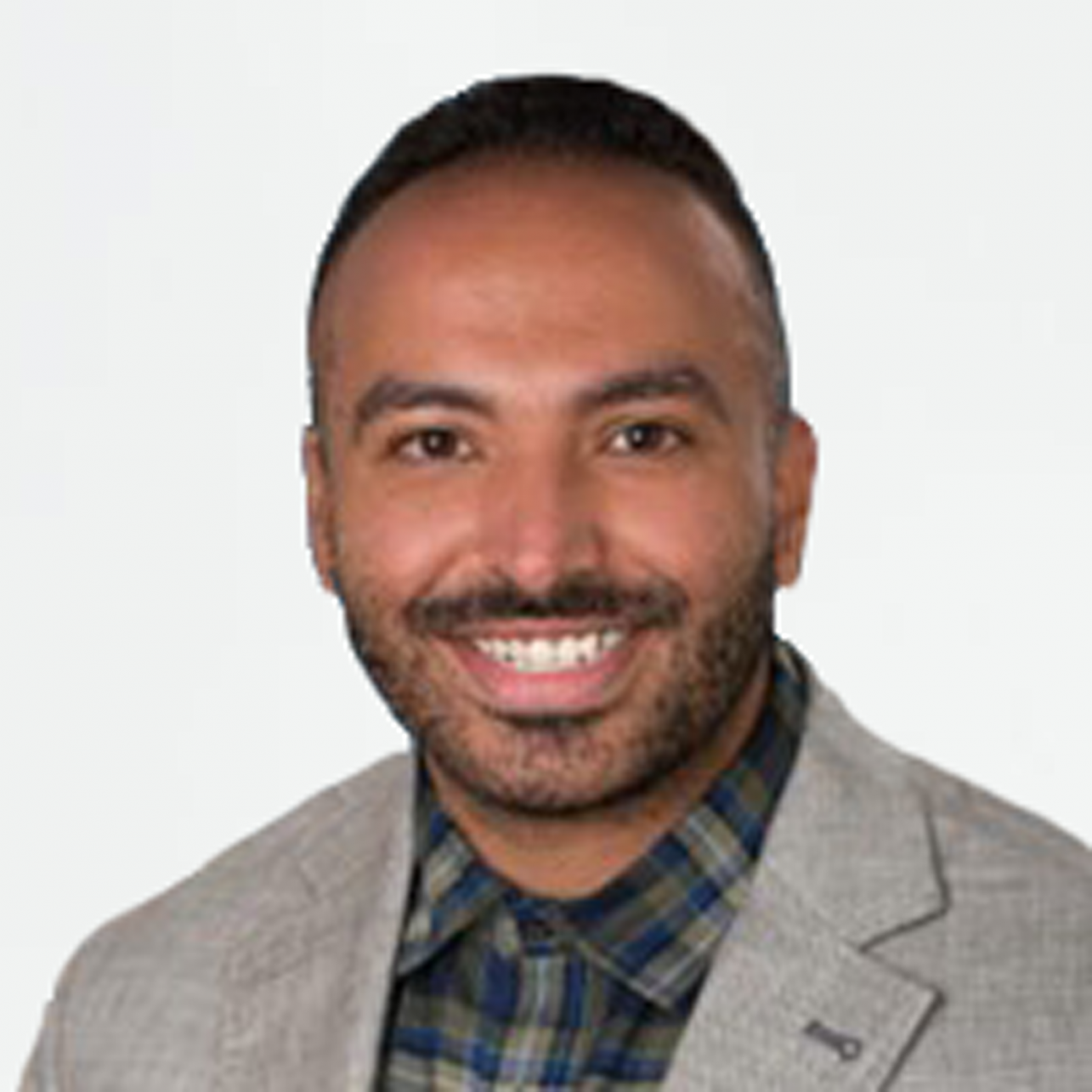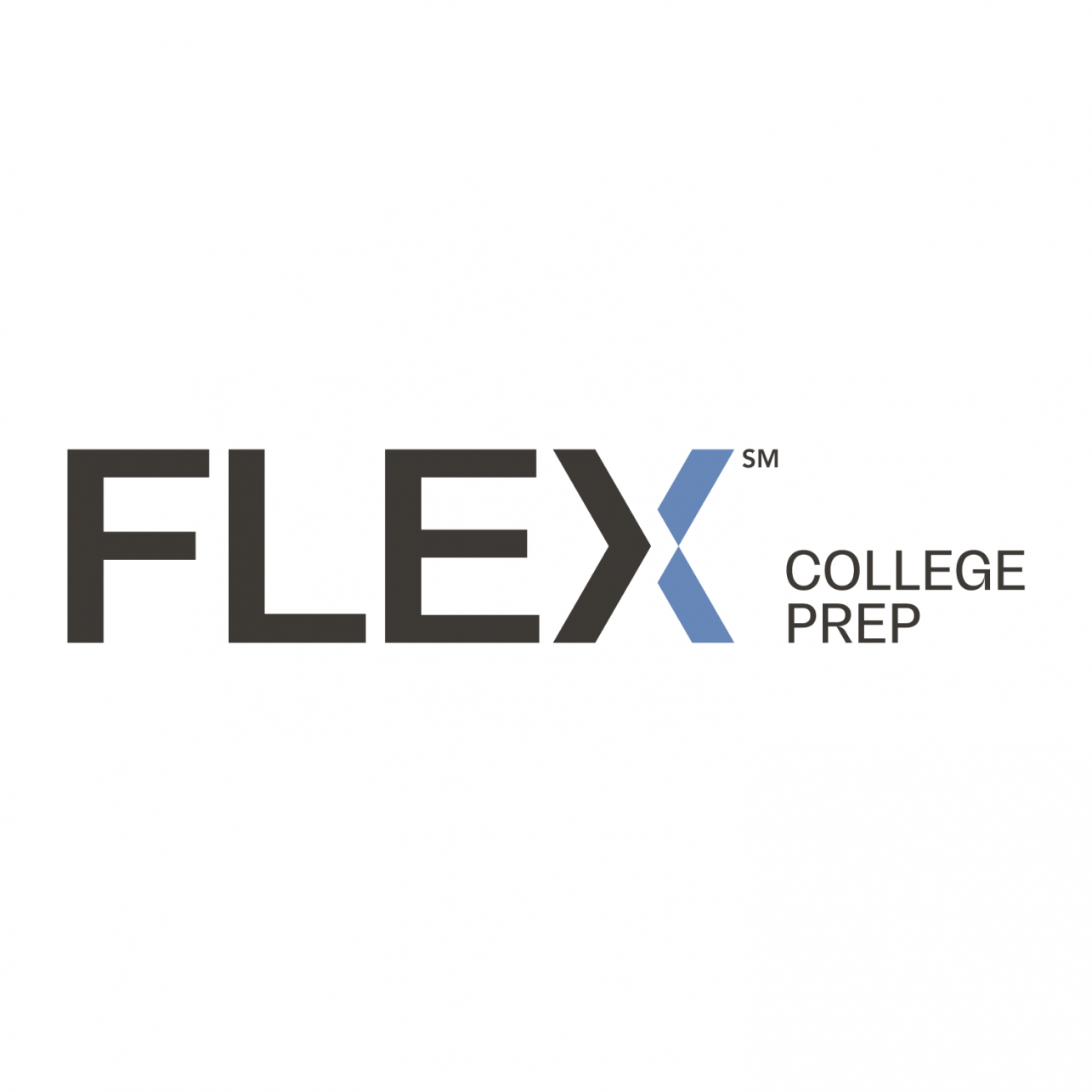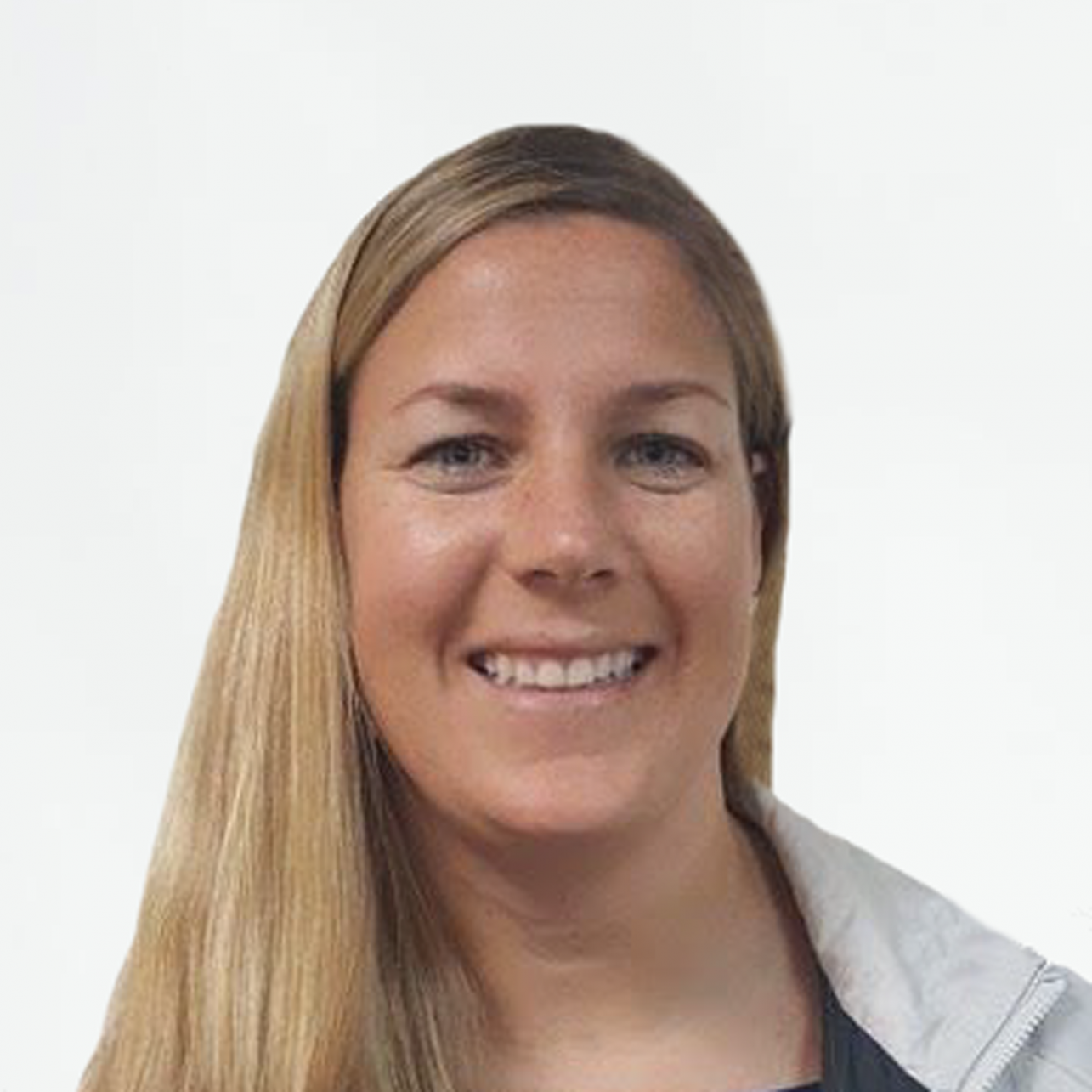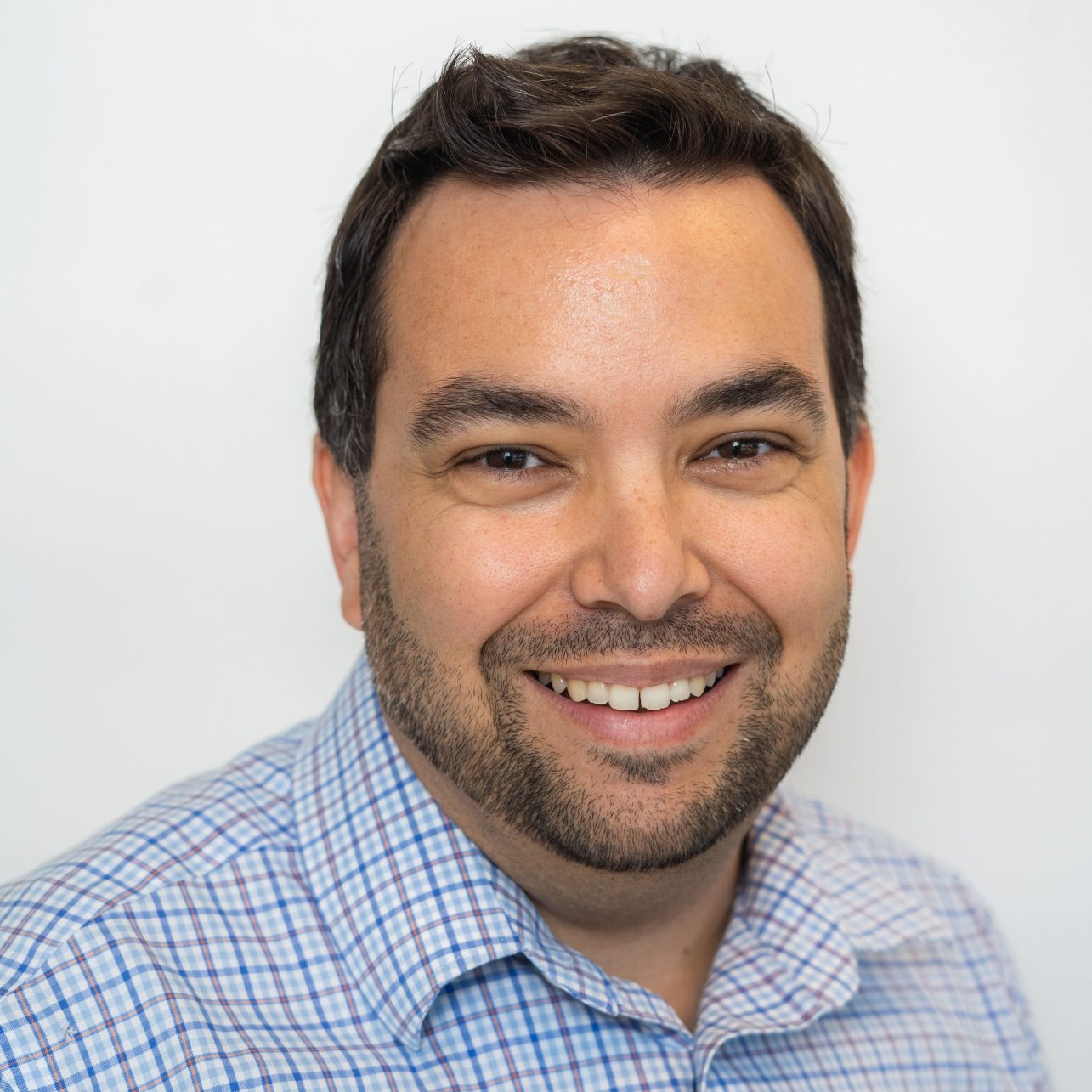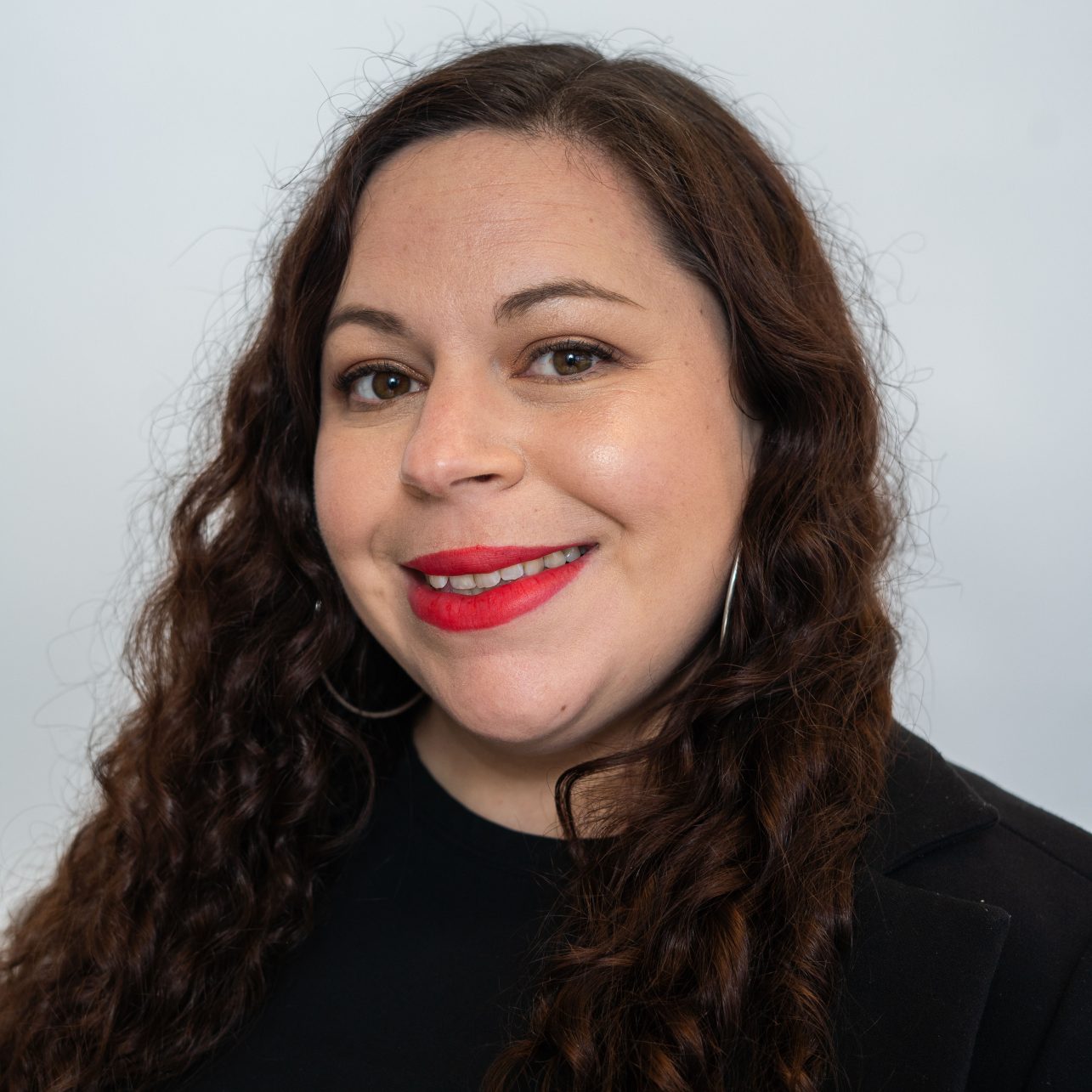ENGAGE & IMPACT
Health Sciences & Pre-Med
Health Sciences & Pre-Med students gain an advantage in preparing for exams and contests such as the Science Olympiad, Brain Bee, AP Bio, Toronto Biology Competition, and USABO.


Overview
Health Sciences & Pre-Med courses provide early exposure to medical career-oriented subjects and opportunities for real-world application.
This pathway offers students who are serious about a career in healthcare an approach that helps them apply their learning through publications, clubs, competitions, and activities. Students gain a competitive advantage when applying with a Health Science background to future summer research programs, internships, and colleges.




Coursework that works
Exploring Health Sciences, Anatomy: Human Body Parts
In this course, students survey the organ systems of the human body: the immune, integumentary, skeletal, muscular, nervous, endocrine, cardiovascular, lymphatic, respiratory, digestive, excretory, and reproductive. Students begin by exploring the levels of biological organization, paying special attention to cells and tissues before delving into each body system.
Physiology: Relationships of Body Parts
In this course, students will continue to survey the organ systems of the human body: the immune, integumentary, skeletal, muscular, nervous, endocrine, cardiovascular, lymphatic, respiratory, digestive, excretory, and reproductive. Keeping with the theme that structure dictates function, students not only examine the systems individually, but they also investigate their interconnectedness.
Neuroscience 1: The Human Brain
Neuroscience is a subject at the forefront of current research and of great interest to many students. However, most students will need to wait until college in order to explore this topic as it is generally only offered at a handful of prestigious private high schools. FLEX’s Neuroscience courses will offer an introduction to one of the most notoriously challenging disciplines in biology and the health sciences. By presenting material in an approachable yet rigorous way and student projects, we hope to spark an interest in students and inspire them to pursue further study in this exciting field.


Neuroscience 2: Pathologies and Treatments
The second course in the Neuroscience sequence covers Neurology, the study of disorders of the nervous system and their treatments. Students will learn the background of a variety of neurological conditions ranging from childhood disorders to neurodegenerative diseases and age-related neurological conditions. In addition, the course will touch upon the diagnostic techniques and current and emerging treatments for these neurological conditions.
Biology Olympiad Jr. Preparation 1A, 1B, 1C
FLEX’s Biology Olympiad Junior program is designed for current 8th and 9th graders who have an interest in the biological sciences and have NOT yet taken Biology or Biology Honors. Students will learn the 18 fundamental concepts of biology over the course of the school year to prepare them for high school-level Biology, as well as build a strong foundation for Biology Olympiad 1-2 years in the future. The class will include a discussion of several careers that are possible in the fields of biology ranging from medicine to bioinformatics to green technologies.




